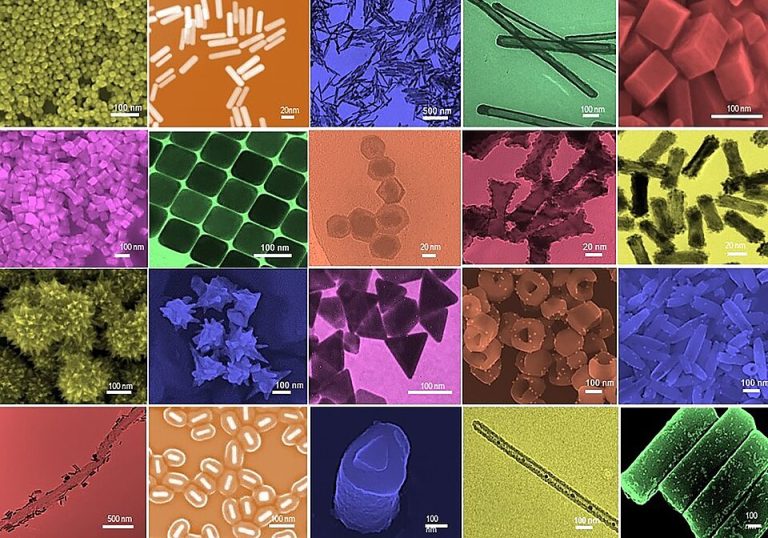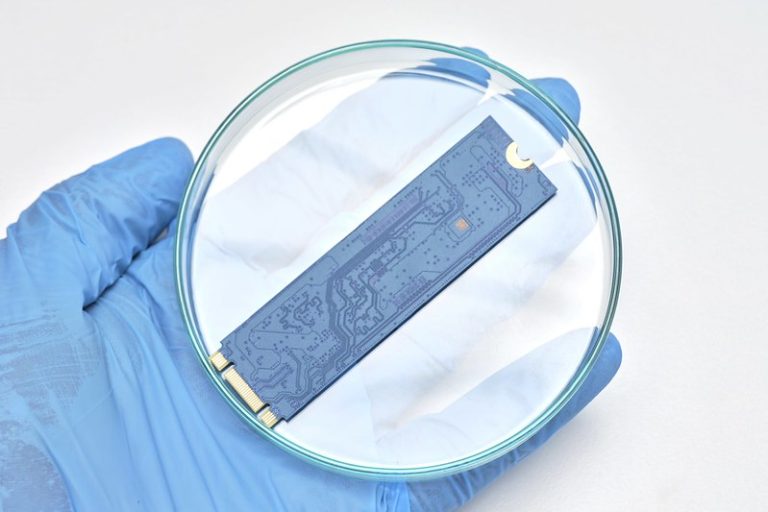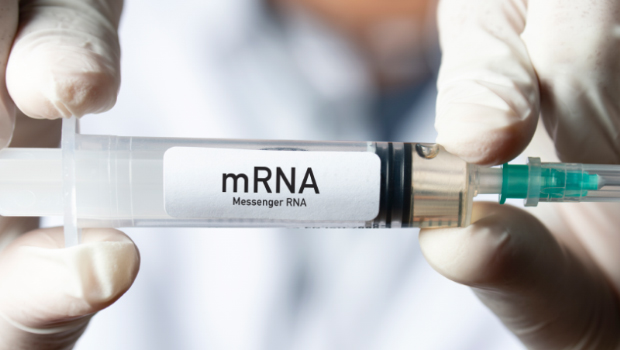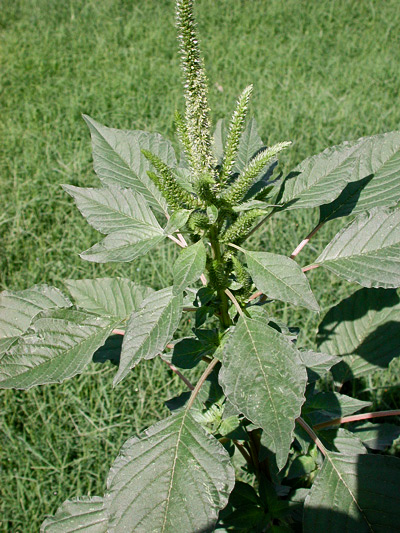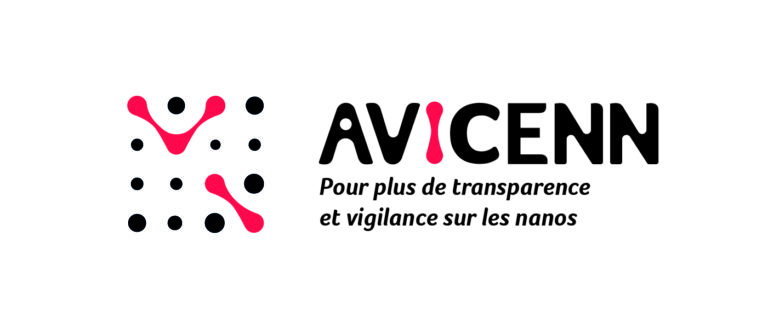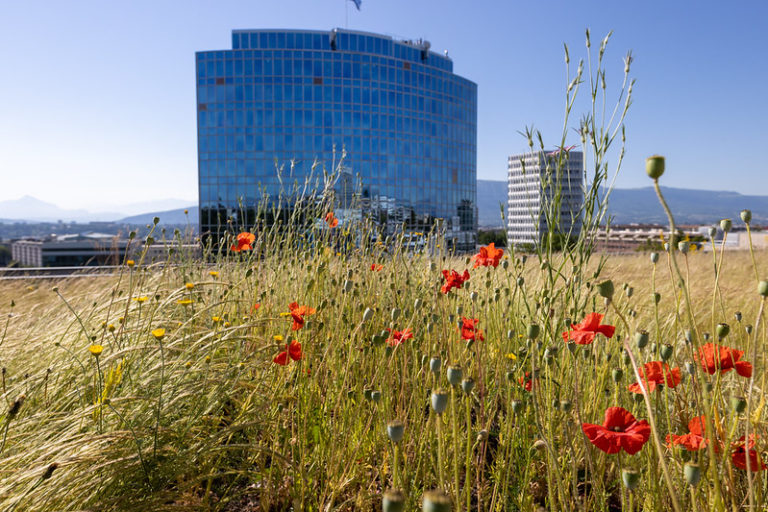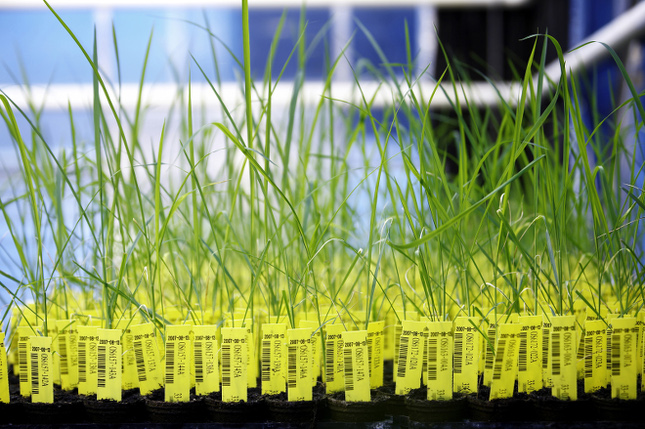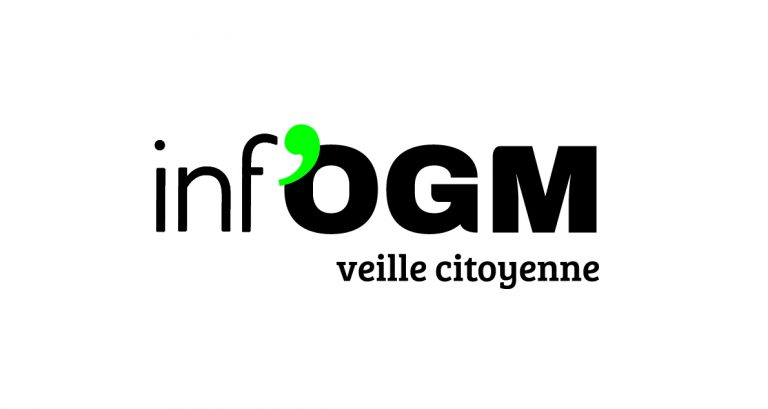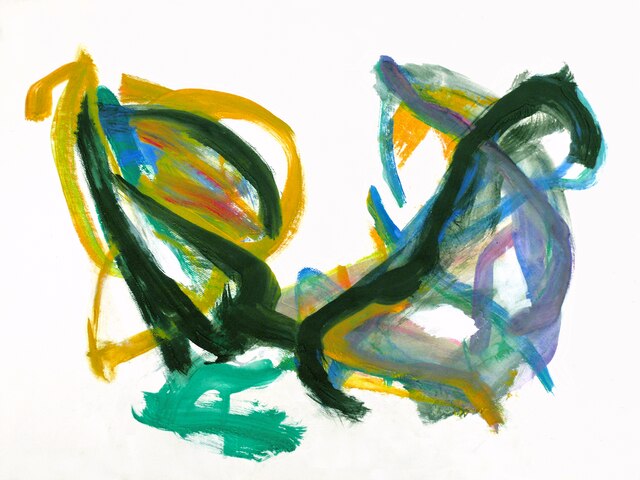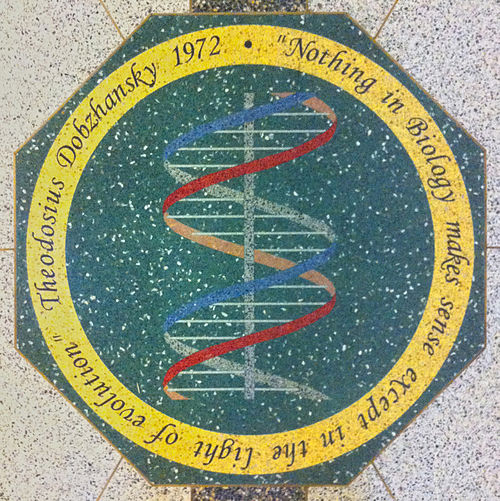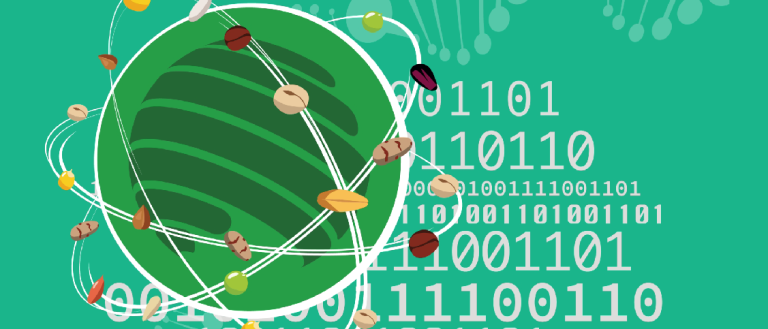Are precision cattle farming and animal welfare can be reconcilable ?
Precision agriculture, the new avatar of agribusiness, invests in robotics, digital technology and genetics [1]. This technological overkill is presented as a solution to many of the failures of industrial agriculture. In the livestock sector, will it allow, as it is often put forward, to improve the living conditions of animals ?
hors note that the effectiveness of these systems also depends on the trust that the farmer places in them, which is paradoxical. They point out, for example, that only 21% of disease alerts would be successful in prompting dairy farmers to visually check the cow [2]. If the farmer can « save time » with Precision Livestock Farming (PLF), he might not be getting closer to his animals. The authors underline that this can change the human-animal relationship quite fundamentally, reducing the farmer’s knowledge of the individuals in the herd, and his ability to detect problems and abnormalities.
If these systems become widespread, farmers may, over time, recruit people with technological backgrounds at the expense of those with veterinary knowledge. The authors also point out that the farms that are most favourable to animal welfare (small scale, extensiveness, etc.) are also those least adapted to these technological tools.
Precision breeding can also encourage intensification, in particular to reduce the cost per animal. Indeed, it has been observed that herd size is a major determinant of the adoption of these new tools. However, when a relationship is established between herd density or size and animal welfare, it is often negative. In particular, it has been reported that mortality [3] and the prevalence of infectious diseases [4] generally increase with herd size.
A springboard to speciesism and instrumentalisation ?
Applying precision breeding to a selected number of species would be tantamount to assigning them a special moral status. The risk exists, especially as implementation may be easier for some species (dairy cattle) than others (chickens, fish, rabbits). Making such differences between animal species could lead to speciesism.
The facilitation of the intensive systems mentioned above may also degrade their image in society. Animals raised and kept in this way would then be perceived more as exploitable commodities for human interests than as animals with a personality in their own right.
Precision breeding systems are focused on increasing production efficiency, to limit costs and feed the world’s population more easily. However, this is far from being true, as the issue of world hunger is not strictly agricultural and agronomic, but firmly political. The first cause of hunger is still wars and other extreme political situations ; the second is waste. Precision breeding systems do not change breeding practices and their negative impact on the environment, such as diverse pollutions or excessive water consumption. By bounce-back effect, won’t these systems then tend to accentuate such impacts ?
Another recent article concludes : « no, improving animal welfare in intensive systems is not possible », as these systems aim at « maximum productivity per unit area », exactly the same goal as precision breeding and genetic modification. The authors further argue that « reducing farm size is necessary to create animal welfare- friendly systems » : « if these systems have to be viable, the level of specialisation of farms and animals must be reduced », and « reducing this specialisation implies the use of genetically different animals, less productive, but more resistant and better able to use low-quality feeds » [5].





